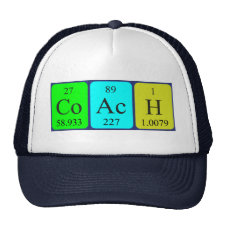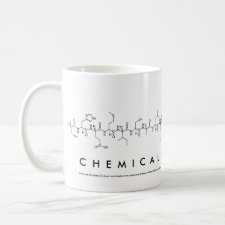
Authors: Möller K, Nilsson U, Crescenzi C
Article Title: Investigation of matrix effects of urine on a molecularly imprinted solid-phase extraction.
Publication date: 2004
Journal: Journal of Chromatography B
Volume: 811
Issue: (2)
Page numbers: 171-176.
DOI: 10.1016/j.jchromb.2004.08.036
Alternative URL: http://www.sciencedirect.com/science/article/B6X0P-4DB554S-4/2/91d38212ba35e18bc629ce72e79c0148
Abstract: This study investigates matrix effects on a molecularly imprinted solid-phase extraction (MISPE) method developed for the clean-up of diphenyl phosphate (a hydrolysis product of the commonly used flame retardant and plasticizer, triphenyl phosphate) in urine samples. The influence of potentially interfering compounds that naturally occur in urine was examined with respect to extraction recovery, repeatability and selectivity. The components tested were NaCl, urea, creatinine and hippuric acid. The imprinted polymer was prepared using 2-vinylpyridine as the functional monomer, ethylene glycol dimethacrylate as crosslinker and a structural analogue of the analyte as the template molecule. The recovery of diphenyl phosphate from water standards was over 90% using MISPE, compared to less than 25% using a non-imprinted SPE (NISPE) counterpart. The selectivity of MISPE compared to NISPE was achieved in a wash step with a basic modifier in methanol. The recovery and repeatability of the MISPE method were affected most by NaCl in the tested concentrations, while urea, creatinine and hippuric acid had no significant influence. NaCl most likely weakens the binding during the loading of the sample. This effect could be suppressed by diluting the sample with a citrate buffer at pH 4.0



Join the Society for Molecular Imprinting

New items RSS feed
Sign-up for e-mail updates:
Choose between receiving an occasional newsletter or more frequent e-mail alerts.
Click here to go to the sign-up page.
Is your name elemental or peptidic? Enter your name and find out by clicking either of the buttons below!
Other products you may like:
 MIPdatabase
MIPdatabase









